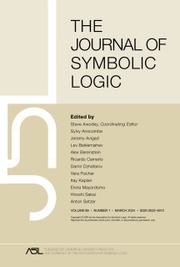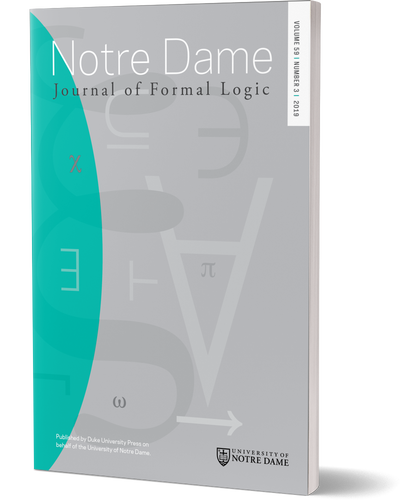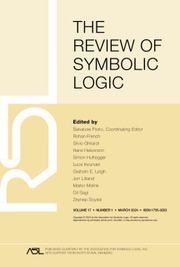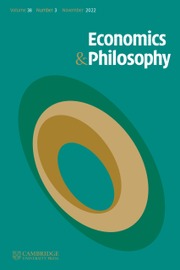
Cabells is a database which lists predatory journals, not recommended as publication channels. The service is so far in test use in the University of Helsinki. UH has a license to a list of predatory journals (predatory reports). From the search result you can see a list of suspicious features of the journal (violations) which are the reasons why the journal is added to the database.
In addition to the Cabells service, predatoryreports.org claims to provide information on predator publications. Do not use predatoryreports.org. The site is not reliable and is suspected of malpractice.





















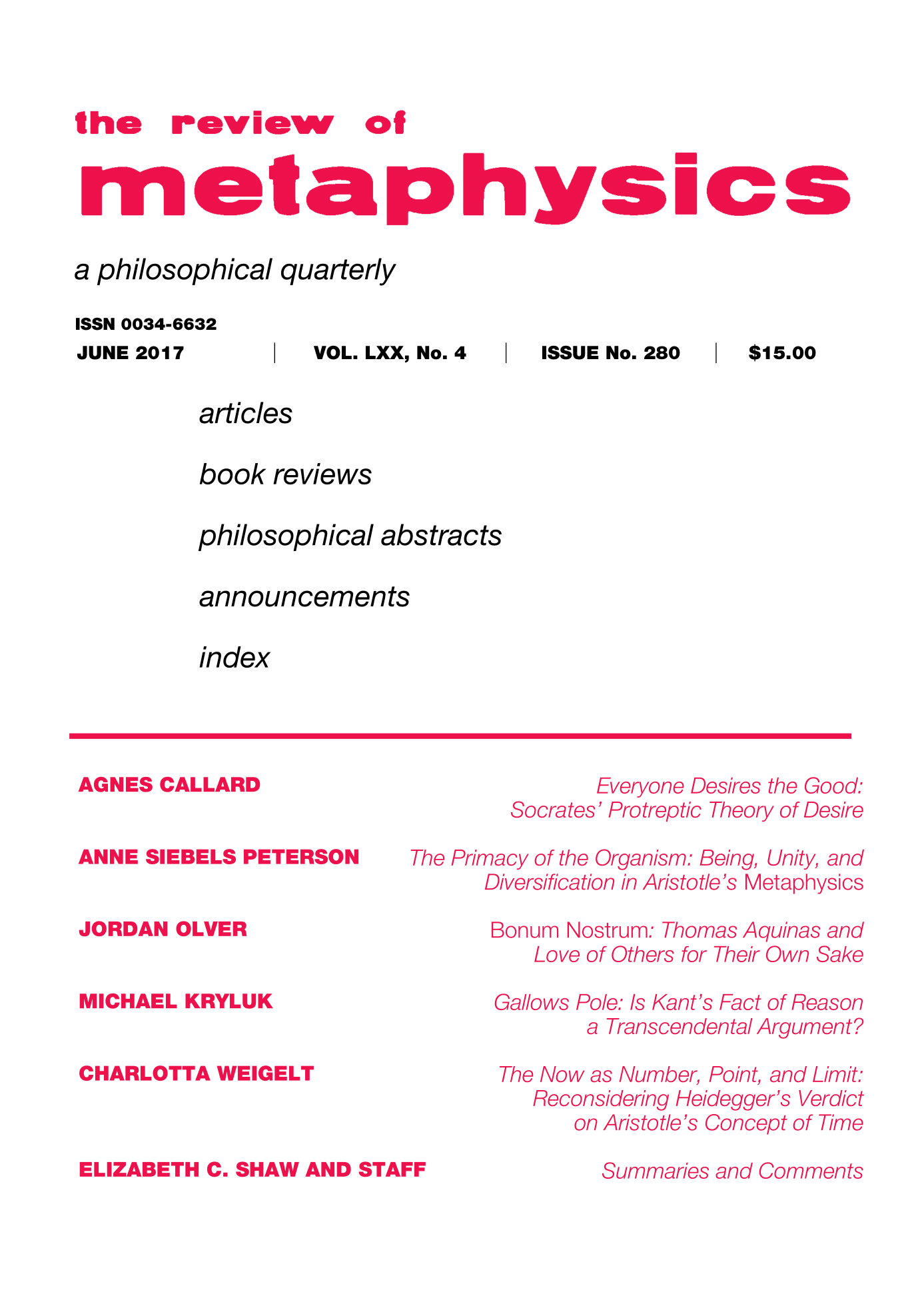








Last updated 20. 4. 2023














